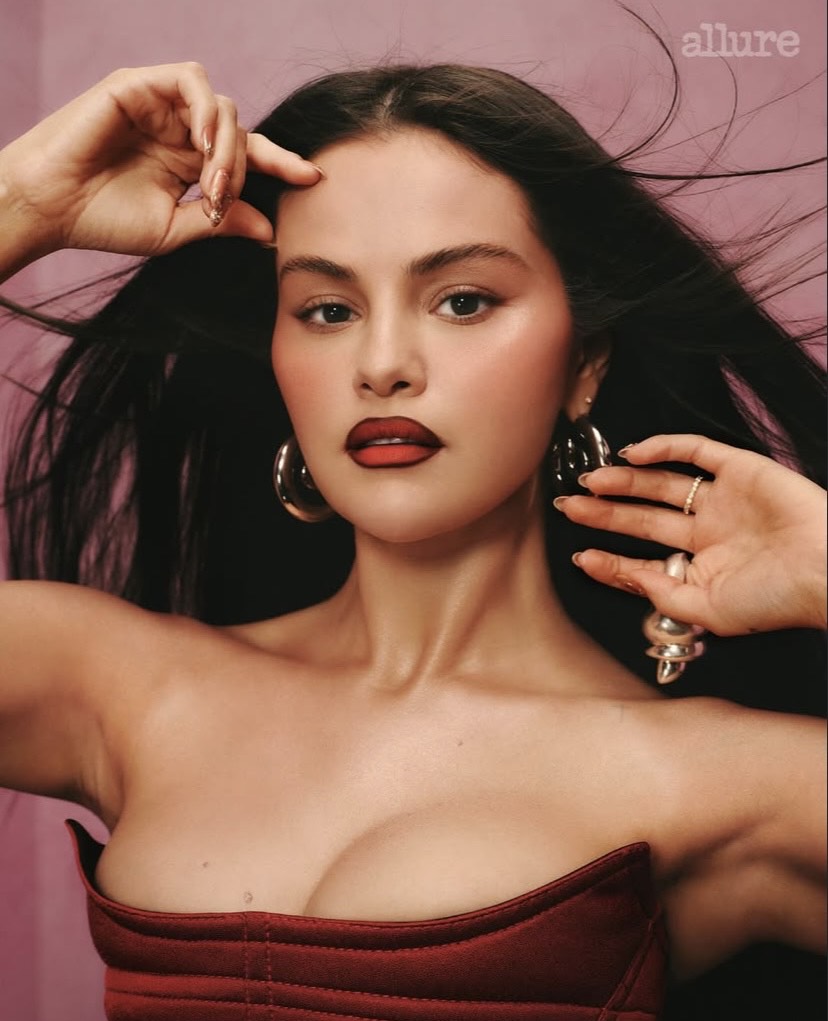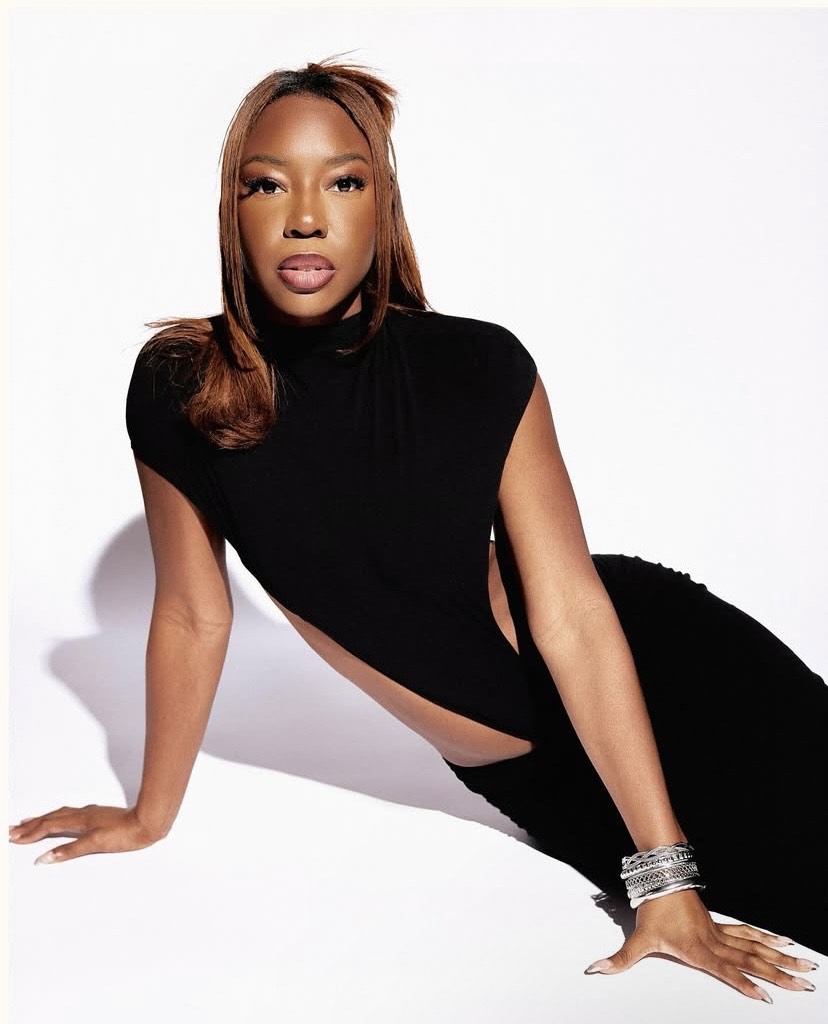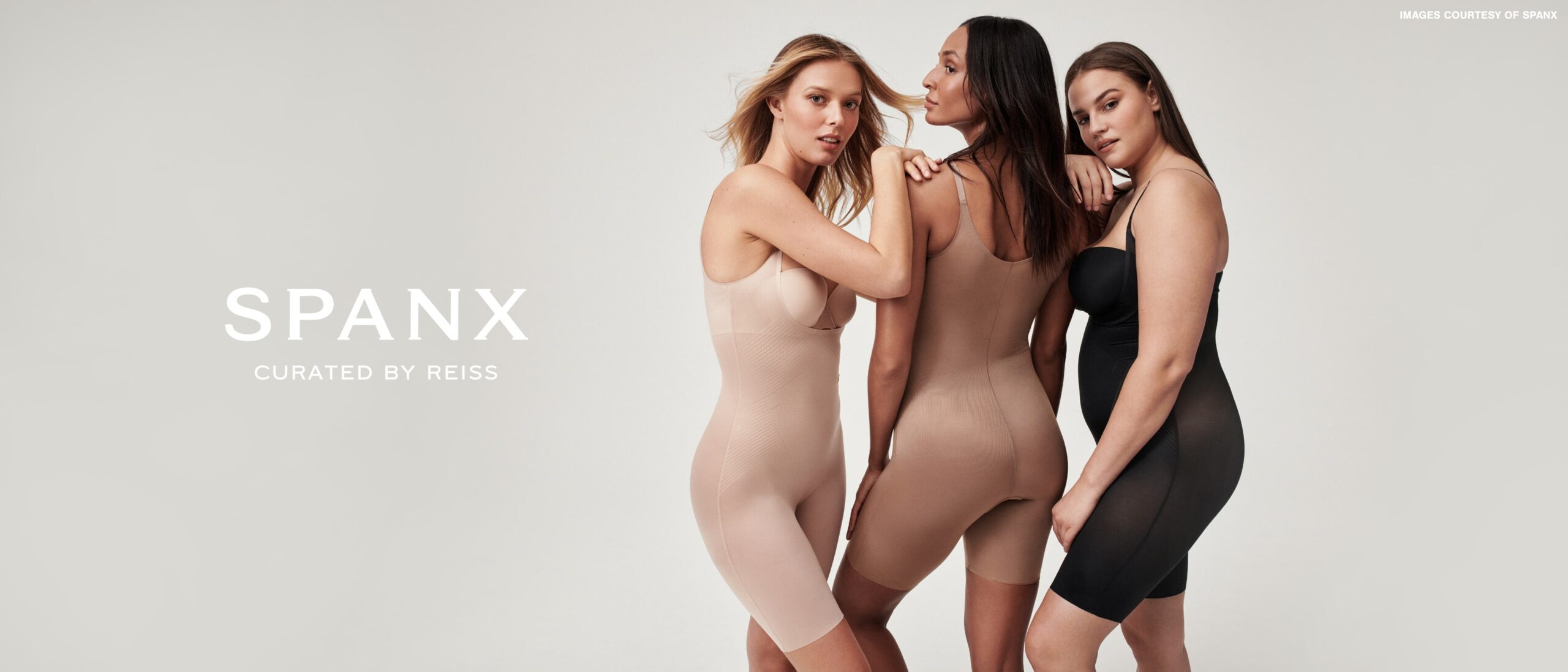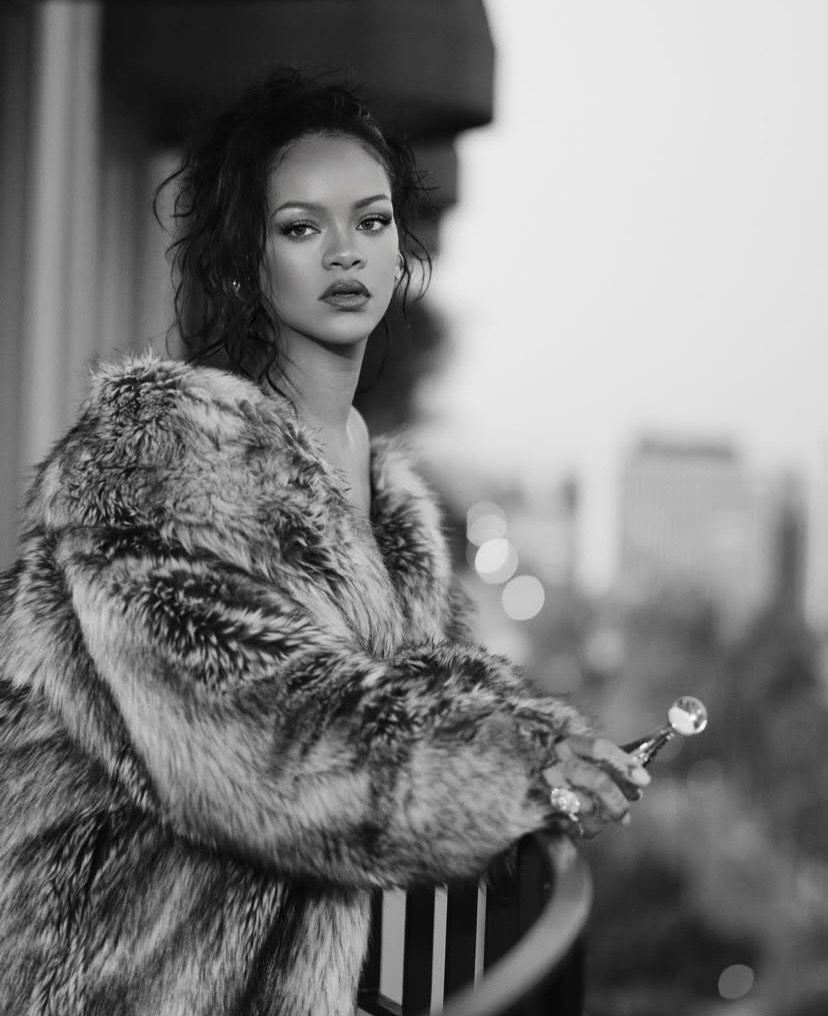In the heart of 2025, the rise of women-led, inclusive brands is impossible to ignore. Across the globe, female founders are turning personal frustrations into powerful products, campaigns, and movements that resonate universally. From the bustling streets of Lagos to the chic avenues of Paris and New York, a vibrant wave of women-led brands is reshaping the future of fashion and beauty. They create for real people—real bodies, real skin tones, real lives—and that authenticity is quietly revolutionizing the industry.
What makes this moment truly remarkable is how deeply rooted it is in truth. Runways now proudly showcase diverse body types. Shade ranges are expanding to embrace every complexion. Brands are listening more attentively to their audiences than ever before. Consequently, the influence of women-led, inclusive brands is visible not only on store shelves but also in the shifting expectations of the entire industry. They are challenging outdated norms, rewriting beauty standards, and inspiring a bold new era of representation.
Many of these founders began their journeys by addressing gaps they personally experienced or observed within their communities. By co-creating with their audiences, they have built businesses that are sustainable, community-focused, and profoundly human. This dedication proves that the rise of women-led, inclusive brands is far from a passing trend. Instead, it is a lasting transformation, one that continues to shape the future of fashion and beauty.
Global Female Founders’ Voices to Watch
Across continents, the rise of women-led inclusive brands tells a shared story of heritage, creativity, and purpose. Female founders are transforming personal narratives and cultural traditions into global labels, proving that inclusion is not limited by geography.
- Andrea Iyamah (Nigeria): Dumebi Andrea Iyamah’s brand is celebrated worldwide for its heritage-inspired resort wear and inclusive swimwear sizing, combining African aesthetics with global appeal.
- Kai Collective (UK): Fisayo Longe’s London-based label stands out for bold prints, thoughtful storytelling, and a strong community focus, offering fashion that resonates both locally and internationally.
- Sandy Liang (USA): This Chinese-American designer has reinvented New York style with playful, nostalgic, and practical womenswear that balances whimsy and wearability.
- Mirae (France): Camille Jarmon’s brand delivers sustainable, size-inclusive dresses ethically produced in Europe, proving that conscious fashion and elegance can go hand in hand.
- Nensi Dojaka (Albania/UK): Known for lingerie-inspired tailoring, Dojaka challenges narrow beauty standards on the global luxury stage, blending daring design with refined craftsmanship.
- Bimba y Lola (Spain): Sisters María and Uxía Domínguez lead this internationally adored label, recognized for bold prints and a commitment to inclusive growth.
- Ambush (Japan): Tokyo-based designer Yoon Ahn has transformed Ambush into a gender-fluid streetwear powerhouse, pushing the boundaries of urban fashion.
- Johanna Ortiz (Colombia): Ortiz fuses tropical prints and artisanal craftsmanship into inclusive designs, exporting Colombian identity to the global fashion stage.
Shop editor’s finds
Together, these visionary women demonstrate that when culture, creativity, and craft sit at the heart of a business, the rise of women-led, inclusive brands evolves into a formidable global movement. Indeed, it reshapes fashion, redefines beauty, and inspires the next generation of creators.
Beauty: Clean, Inclusive, and Redefining Skincare
The beauty industry is equally alive with women innovators. These founders are crafting products that celebrate every complexion, every identity, and every story. Their work proves that beauty is becoming deeply personal and inclusive.
Saie Beauty – Laney Crowell

Laney Crowell launched Saie with sustainability and transparency at its core. From viral highlighters to the “Every Body” campaign supporting reproductive justice, Saie blends clean formulations with community-driven values. By prioritizing skin confidence and eco-conscious innovation, Crowell has propelled the rise of women-led, inclusive brands in beauty.
Rhode – Hailey Bieber

Hailey Bieber’s Rhode embodies this new era. Starting in 2022 with just three skincare products, it has grown into a billion-dollar brand under E.l.f. Beauty. Bieber continues to lead product innovation. Rhode’s accessible pricing, inclusive packaging, and global Sephora expansion show that authenticity and growth can thrive together.
Rare Beauty – Selena Gomez

Selena Gomez’s Rare Beauty is celebrated for connecting beauty with mental health advocacy. Its success shows how inclusion and purpose can make a powerful impact beyond the product itself.
Shop editor’s choice
Black-Owned and Women-Led Powerhouse Brands

Black women entrepreneurs remain central to this story. Their brands continue to shape the global beauty industry.
Shop editor’s choice
These female founders demonstrate that cultural knowledge, ingredient integrity, and authentic representation can redefine entire industries. With every launch and innovation, they prove that beauty today is inclusive, intentional, and transformative.
Established Allies Embracing Inclusion

While independent brands lead the charge, established names are evolving too, and their scale gives this movement even greater reach.
Take the Reformation, for example. The brand has expanded its sizing and increased transparency, proving that trend-forward fashion can also be inclusive. Similarly, Spanx has grown beyond shapewear into a lifestyle label offering broader sizing and solutions for a variety of body types. These moves show that inclusion, when approached as a long-term strategy, builds trust and strengthens loyalty.
Luxury fashion is part of this transformation as well. Stella McCartney continues to champion sustainability, while Tory Burch extends her impact through a foundation supporting women entrepreneurs.
Together, these legacy names demonstrate that the rise of women-led, inclusive brands is not just a startup phenomenon. Instead, it is a structural shift, reshaping the fashion and beauty industry from the ground up.
Shop editor’s edit
What Sets These Brands Apart
Across both fashion and beauty, the defining quality of these women-led brands is how deeply personal they are. Many female founders began their journeys after struggling to find products that truly represented them—from shade ranges and sizing to cultural narratives. By transforming frustration into innovation, they created solutions rooted in lived experience. This authenticity makes women-led, inclusive brands feel relatable and real.
Moreover, these brands grow alongside their communities. They listen closely to feedback, respond to real conversations, and often co-create campaigns and product lines with customers. This collaborative approach keeps them flexible, relevant, and in tune with the people they serve.
Transparency also plays a crucial role. From clear ingredient lists to campaigns featuring real bodies and diverse skin tones, these companies embrace honesty. By rejecting vague promises and embracing specificity, they build lasting trust. Ultimately, it’s this combination of authenticity, community, and transparency that ensures the women-led, inclusive brands’ rise remains strong and sustainable for years to come.
The Road Ahead

Looking ahead, this movement is set to expand in exciting ways. Inclusivity now embraces adaptive designs, gender-fluid pieces, and more accessible price points. Investors and retailers are taking notice, and as 2025 unfolds, even more global founders will step confidently into the spotlight.
At the same time, established houses will need to embrace deeper structural changes to stay relevant. The momentum is undeniable. The rise of women-led, inclusive brands is reshaping the future of fashion and beauty, and it shows no signs of slowing down.
Featured image: Adrienne Raquel for Allure
For the latest in fashion, lifestyle, and culture, follow us on Instagram @StyleRave
—Read also
Body Positivity Faces Setbacks: What Lies Ahead for Beauty Standards?
